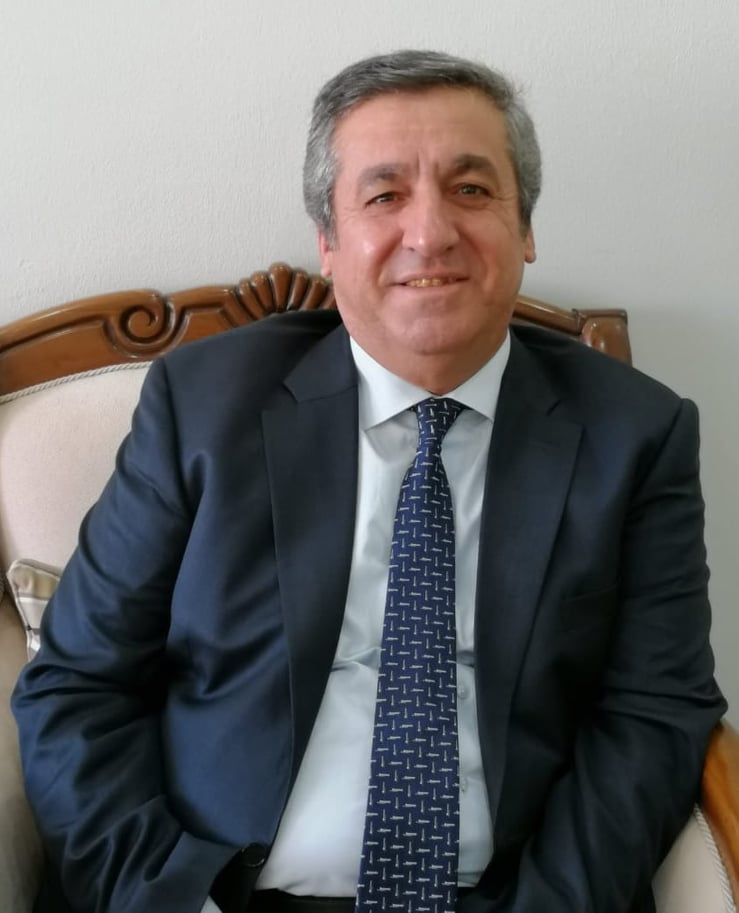
A Book in Four Languages
"Perception of Life in Syriac Culture" Now Published in Four Languages
Born of years of contemplative labor, my work Perception of Life in Syriac Culture has now taken shape as a published book, available in Syriac, Turkish, English, and Arabic.
This is not merely a cultural exposition; it is a guide to living — a bridge spanning the distance between past and future. It seeks to reunite the human being with themselves, with nature, and with the universal values that bind us across time and place.
Its publication in four languages is no coincidence. It is a conscious effort to extend its benefit to broader society — to nourish intercultural dialogue and to offer, to those intrigued by the Christ-centered spirit and universal values of the Syriac tradition, a window into its inner world.
The visibility and understanding of this ancient heritage — and its transmission between generations — is of vital importance. For as long as humanity has walked the earth, every people has crafted its own language of life, its own moral compass, its own vision of existence. Syriac culture, rooted in millennia, holds a singular place among them: one that centers wisdom, justice, love, and conscience. It reminds us — gently, yet firmly — of the timeless truths modernity is so quick to forget. At its heart, Syriac culture is a culture of humanity, humility, compassion, and moral clarity.
We must not forget: cultural weakness is never a private loss. It is a spreading fracture — a silent erosion that seeps into every layer of life. As a society’s memory fades, so too do the identity, conscience, and moral fabric of the individual. Culture is not a luxury. It is the foundation of our being — the shield of our soul.
Between the human and culture lies a sacred reciprocity. Culture shapes the human spirit; and the human being, in turn, carries and renews it. Intellectual vitality strengthens culture, just as cultural flourishing uplifts both individual and community. From both sociological and anthropological perspectives, the human is not only born of culture, but is also its bearer and its mirror. In this sense, the erosion of culture invites decline in all dimensions of life.
With its historical depth and philosophical breadth, Syriac culture opens into a vast interior landscape. And thus, its loss would not be a small thing. For generations, it has been misinterpreted or partially known — torn from context, stitched back together like a fabric sewn with a rusted needle. Presenting it accurately and meaningfully demands awareness, creativity, and devotion.
The sacred legacy shaped by this culture — its churches, monasteries, and other enduring structures — is becoming increasingly visible. And with this visibility arises a renewed curiosity toward the invisible spiritual breath that once gave them life.
Yet in an age where cultural values are so often reduced to tools, even a partial effort to convey the worldview and life philosophy of this tradition becomes a solemn duty. Because culture lives when it is made visible, acquires meaning when it is narrated, and gains depth when it is shared. For we cannot understand what we do not know. We cannot love what we do not recognize. And what we do not love, we will never protect.
Let us remember: Culture is memory. And a society without memory is a traveler without a compass — a people who have lost their way.
To all who have accompanied me on this demanding journey, I extend my heartfelt gratitude.
Yusuf Beğtaş
You can also send us an email to karyohliso@gmail.com
Leave a Comment